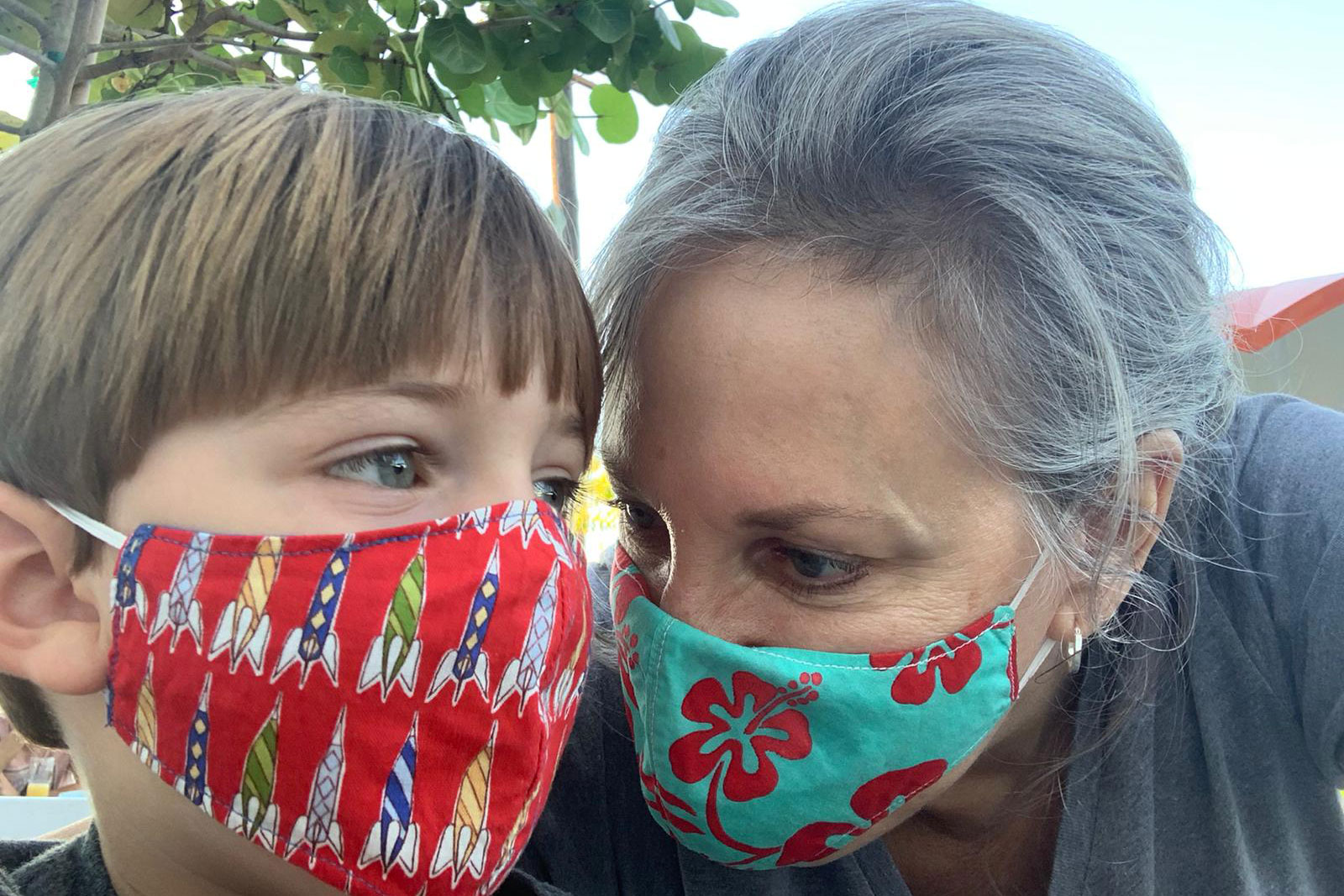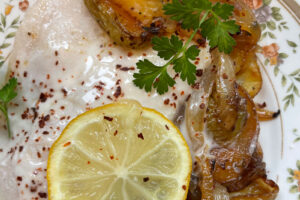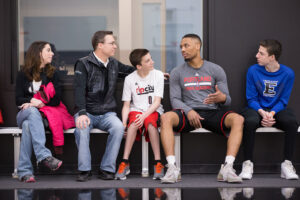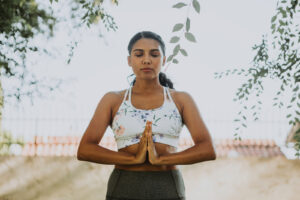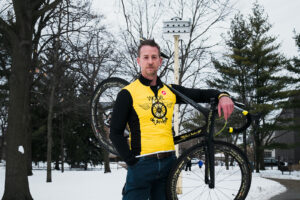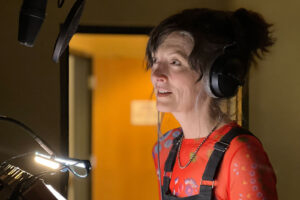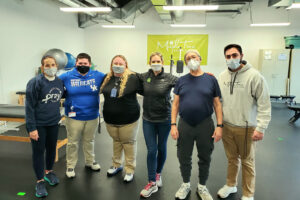As told to Taylor Novak
My father and mother both have had cancer. My father had bladder and kidney cancer and my mother has thyroid cancer. Prior to that in my immediate family there wasn’t any cancer that we knew of.
I’m one of six children, five of which are female, and my first sister was diagnosed in her late 30s with breast cancer. She went through her care at Miami Cancer Institute, which is part of Baptist Health South Florida. Everything was wonderful and she got through it with flying colors. Six years ago, I had another sister diagnosed with breast cancer. She went through her treatment, everything was fine. Five years ago, I had another sister diagnosed. She went through her treatment, everything was fine.
When it came to me, I knew I was going to have cancer. Why would I not? So, when I eventually was diagnosed with an invasive ductal cancer, I thought that I had it under control. I thought I was going to be cool; I was going to be just like my sisters, and it was all going to be great. I was very vigilant about my checkups, my MRIs, my mammograms, my ultrasounds. My gynecologist knew my history—I had had genetic testing through her office. I knew that I didn’t carry the BRCA gene. I went through my care, which included a meeting with a surgeon. I opted to have a bilateral mastectomy. My thinking was that I was 57 years old. I had probably a lifespan of 30 more years. Did I really want to spend 30 years going for a mammogram, MRI and ultrasound? No. That’s how I rationalized it.
I chose to have a mastectomy with implants. My diagnosis was in February of 2019 and in March of 2019 I had my surgery. I was pretty much done except for the subsequent little things that had to be done—the follow-up surgeries to take the implants out, to get the tissue expanders out and to get the implants placed and get the nipple tattoos.
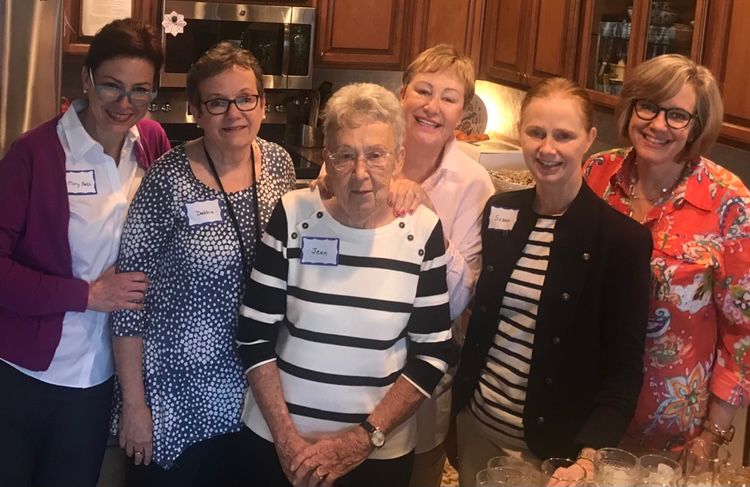
Then in April of 2019, my 33-year-old daughter said, ‘Mom, I feel a lump.’ I knew in my heart that this wasn’t going to be good. I was there when she was diagnosed with triple negative breast cancer in both breasts. She had to undergo 16 cycles of chemo, a double mastectomy, a hysterectomy and radiation. I had to deal with not only getting through my cancer that I knew I would have but also her diagnosis. My care for myself really started to lack. I started to crumble. With that crumble, I needed to be picked up.
One of my sisters is a nurse and she said, ‘Carla, you need to look into psychological services.’ I ended up meeting with one of the psychiatrists at MCI, and she helped me tremendously with dealing with my cancer, the fact that I knew it was coming and my daughter’s diagnosis. She also introduced me to the SMART program for meditation and coping with general things in life and processing those things. You can’t think about cancer as just getting rid of what is in your body. It’s so much more than that. It’s physical and it’s mental. For me, I needed to implement a lot of new changes. I needed to be the very best cancer survivor that I could be for my daughter.
I worked with an exercise physiologist; I saw a dietitian. I started going to massage therapy, and that was really where it worked for me. I got the relief that I needed with my muscles and things like that. I also do a lot of exercise now. One of my surgeons at MCI handed me a card and was talking about a group of women, all breast cancer survivors, who have a dragon boat racing team. And this dragon boat racing team is sponsored by MCI at a pier in Miami and they’re all over the world. I joined the team and now I have my niche.
My doctors asked me to take another genetics test that was an even larger screening. And they asked all of my sisters to also take this test, even those that didn’t already have cancer. I also got my mother-in-law to do genetic testing. She currently has metastatic breast cancer. She had never had genetic testing, but with metastatic breast cancer it can make a big difference in what treatment you get. She was negative for the BRCA gene. As it turns out, there was some history on my husband’s father’s side. His grandmother had breast cancer in 1950 and again in 1970. There had been no one to really ask about it.
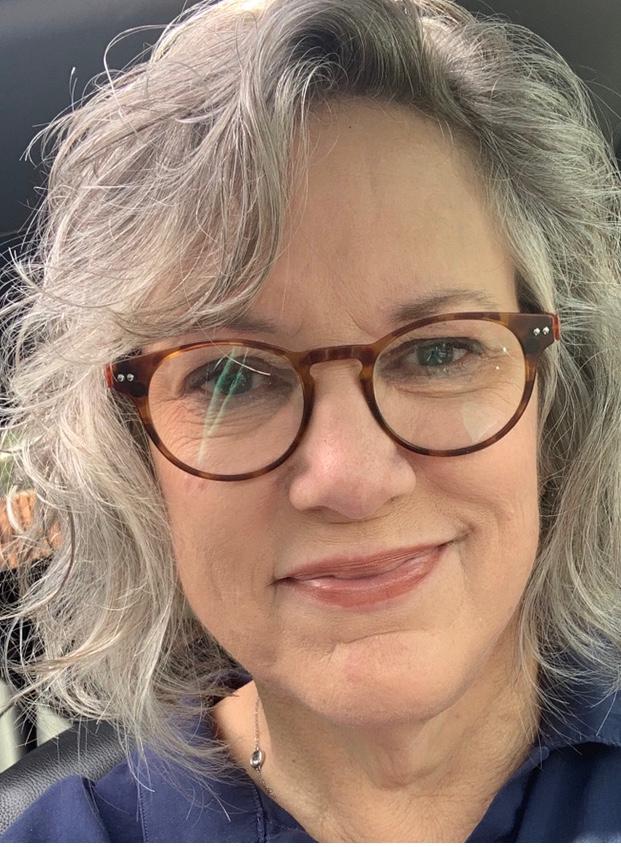
So, my husband was tested. It turns out he carries the BRCA1 mutation. I compiled all of this information and brought it to the genetic counselors. They were very grateful, and it was a sense of relief for me. I think genetic counseling is a really important tool, but I wish more people would do it. Had I known about it in a bigger sense, I would have armed my kids with that information. I think people need to understand that it doesn’t just come from the mother. It can come from either parent. And that in itself I think is something that needs to be investigated for each and every person.
One year to the day of my diagnosis, my other daughter called me and told me she had breast cancer. We are just really fighting it at three levels in three different places. It is not an easy task.
Don’t take anything for granted. Just because you don’t have the [BRCA] gene doesn’t mean cancer is not going to strike. You also have to treat your whole self. The doctors can only do so much. By that point, you too have to take back control, you have to listen and you have to take it in your own hands. You have to treat your body, of course, but you also have to treat your mind. You have to stay active, you have to exercise, you have to eat right, you have to get enough sleep. You need to remain vigilant for any tiny changes. I went because I saw a little dimple under my arm. Be proactive in your treatment. Cancer doesn’t end when the cancer is removed from your body. Yes, you’re a survivor, but now you want to be a survivor forever.
I think genetic counseling is a really important tool, but I wish more people would do it. Had I known about it in a bigger sense, I would have armed my kids with that information. I think people need to understand that it doesn’t just come from the mother. It can come from either parent. And that in itself I think is something that really needs to be investigated for each and every person.

